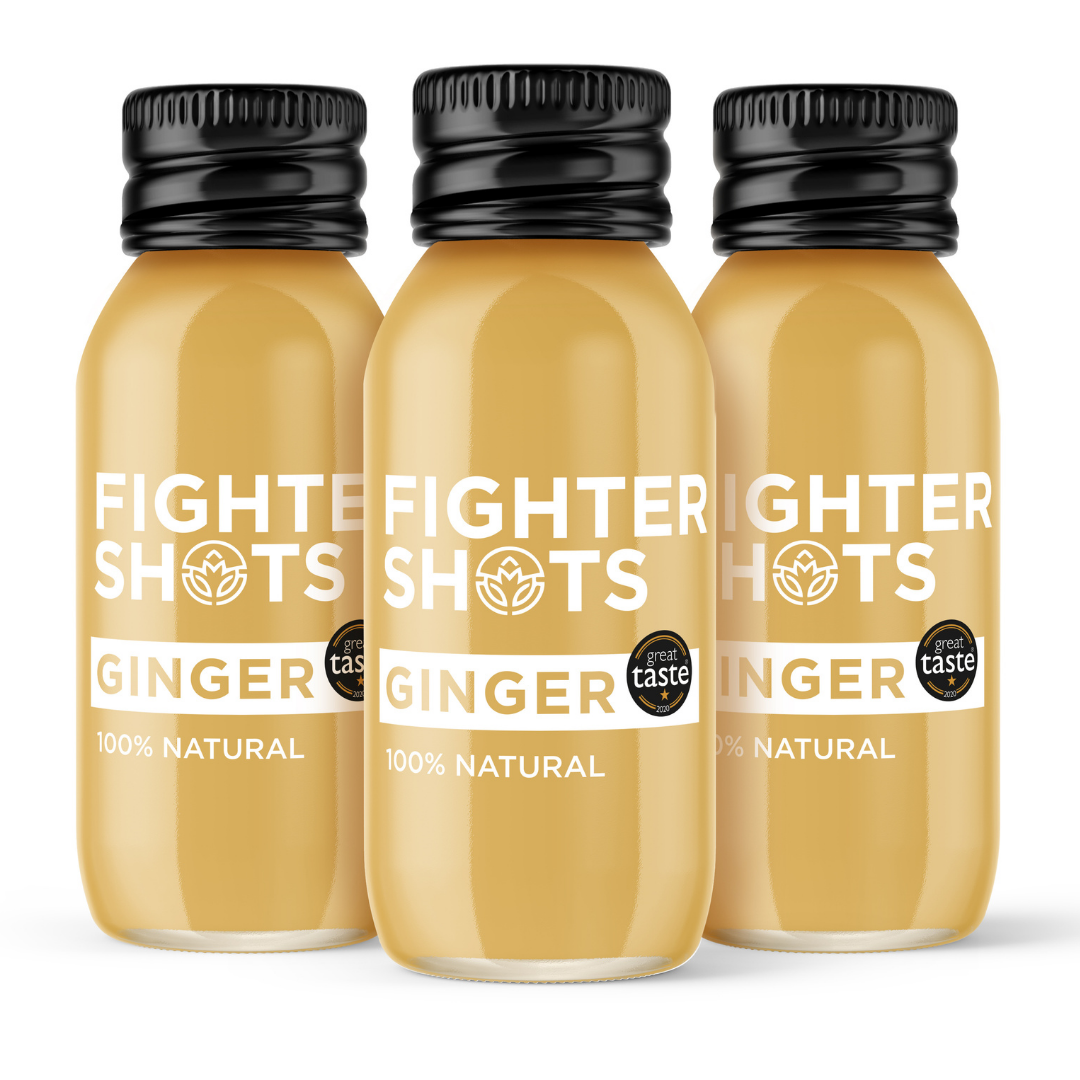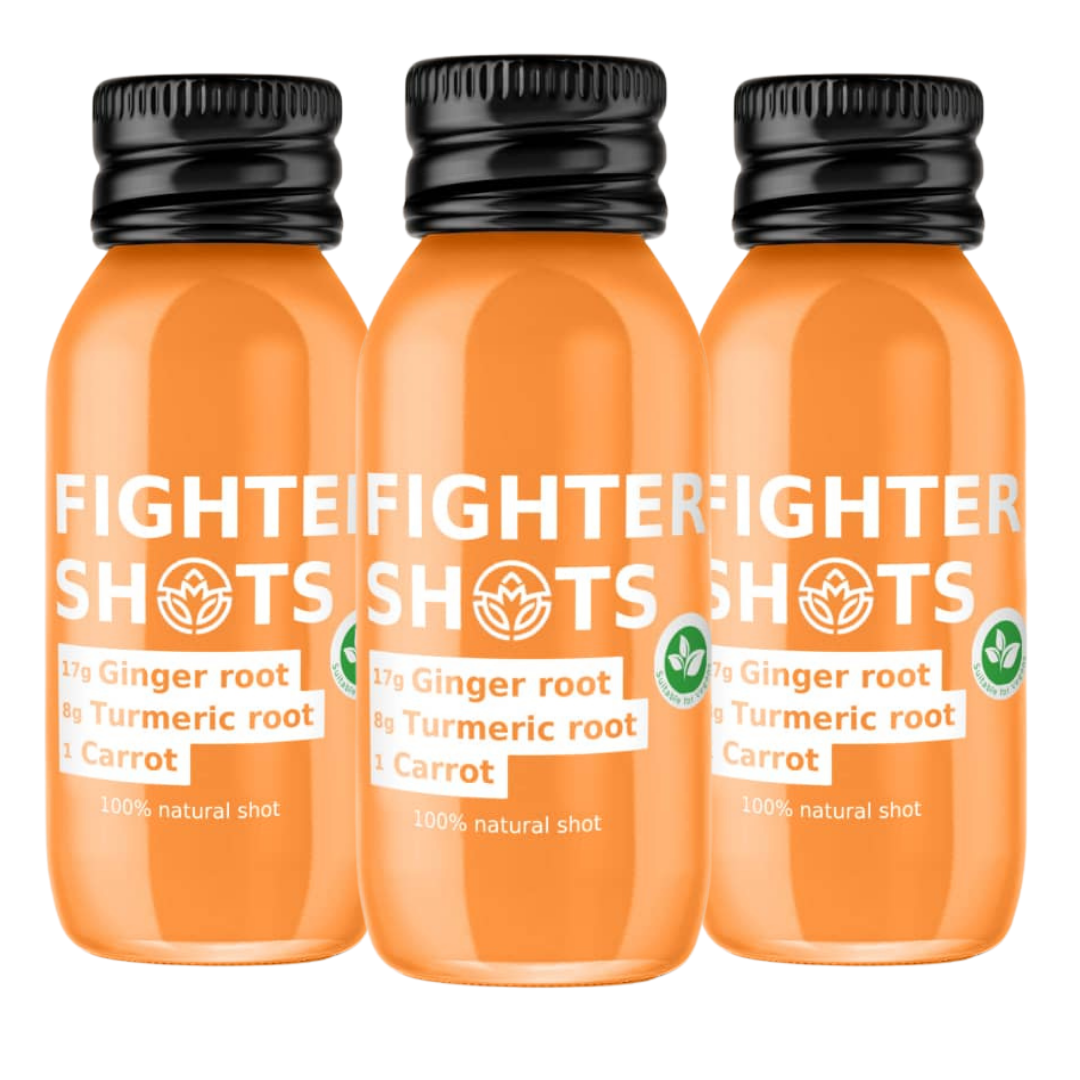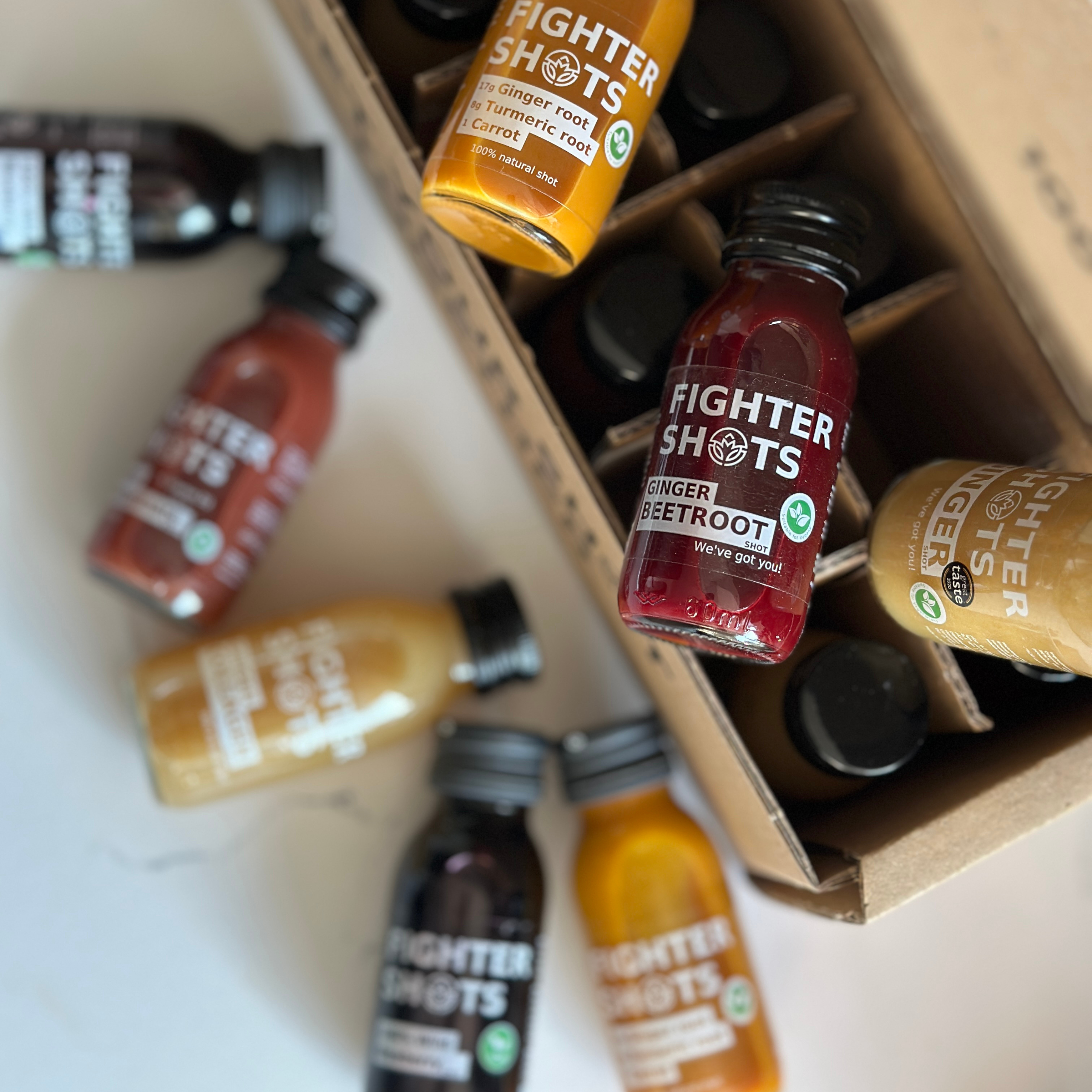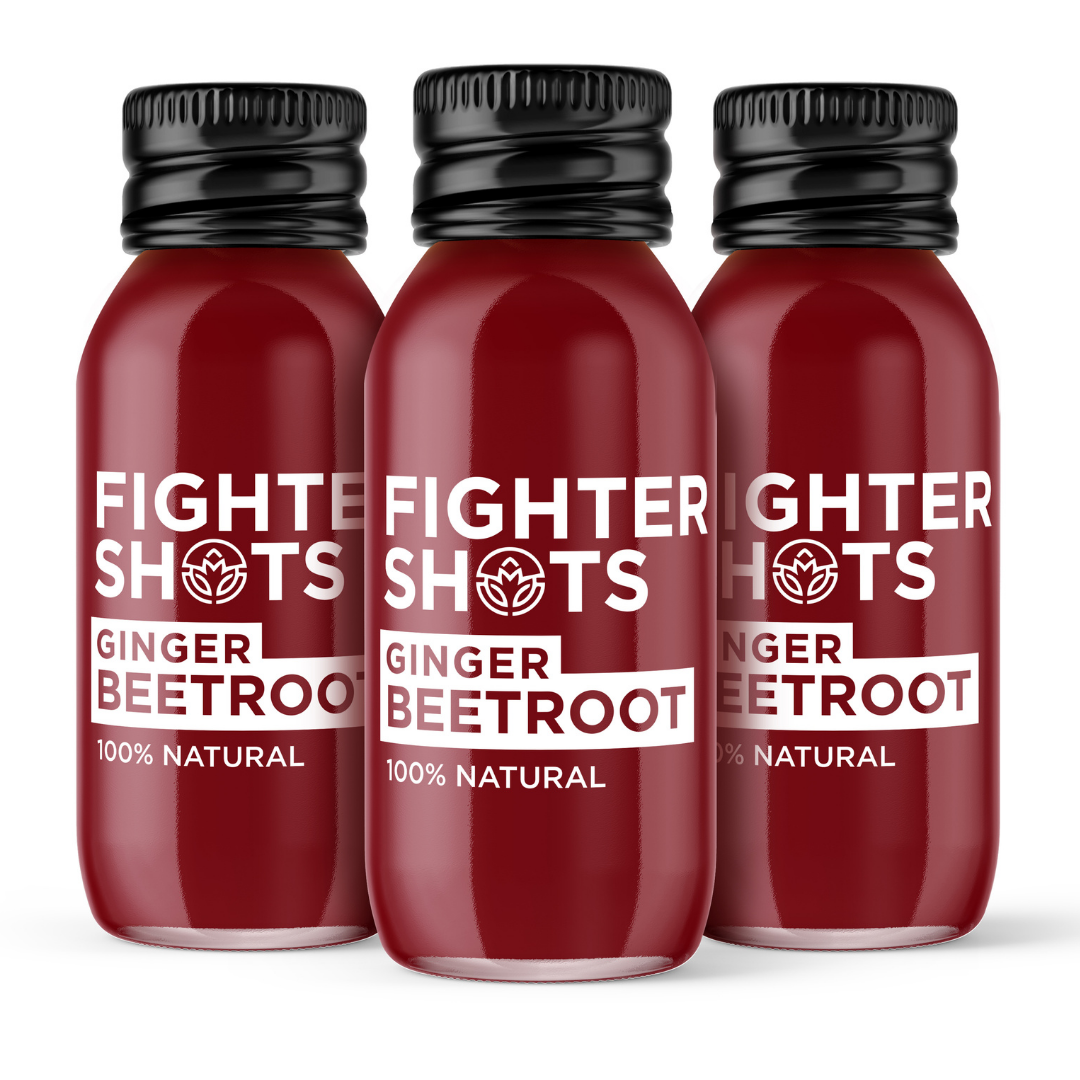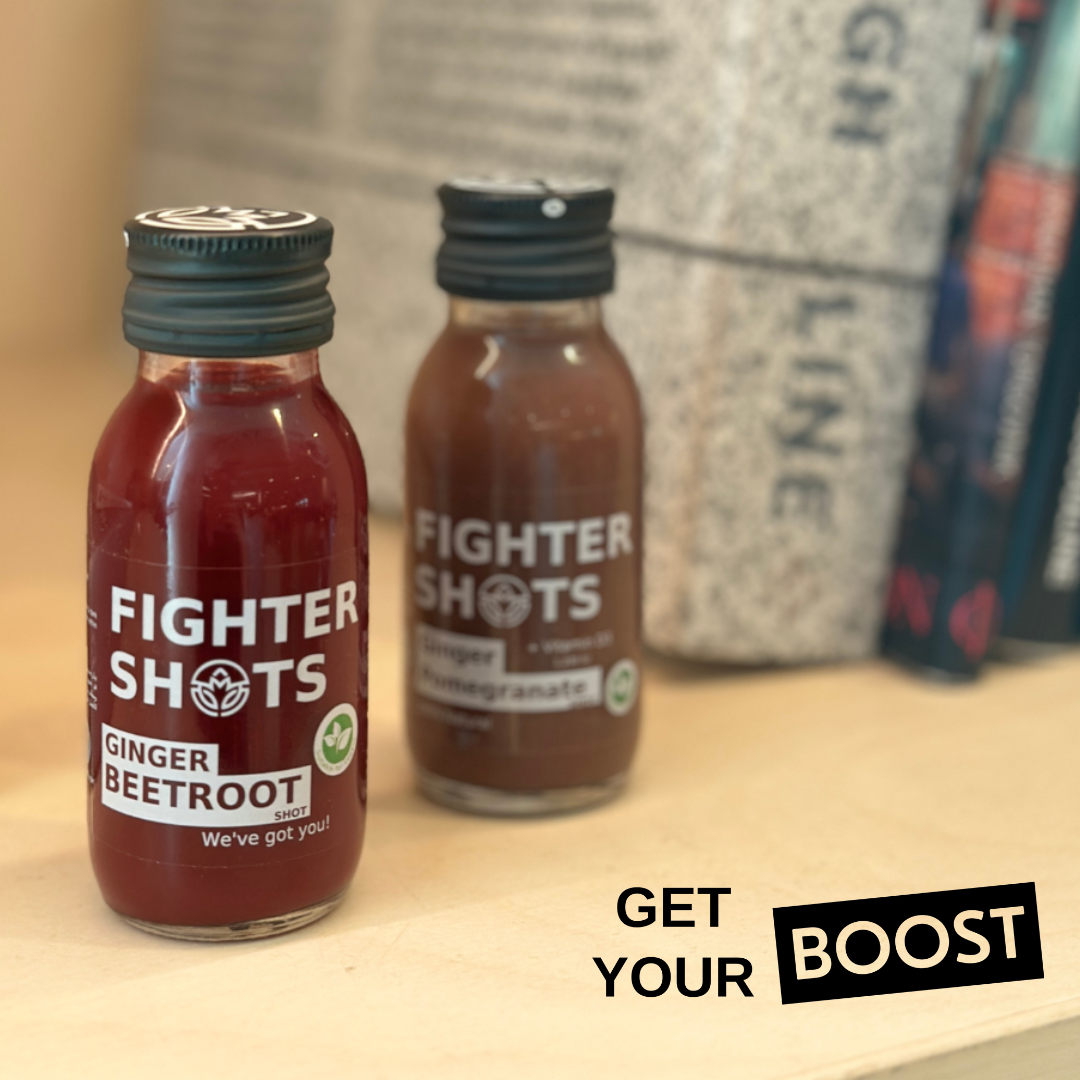It is no secret that we all love a sugary treat. With the increasing availability of sweeteners and rising awareness of the harmful effects of overconsuming sugar, people are more consciously evaluating the quality, quantity, and type of sugar in what they eat and drink.
What is agave nectar?
Agave nectar is attracting attention as a vegan alternative to other natural sugars like honey. People are sweetening their teas, cocktails, and other drinks with agave nectar, and it has become a popular alternative in dressings, sauces and baking. Seeking to please vegan customers and capitalise on the natural sugar trend, some companies have substituted refined sugar in their jams, jellies, confectionary and other products with natural agave nectar.
Also referred to as agave syrup, the sweetener is derived from a species of the agave plant and is praised for being vegan and low GI. This means that relatively speaking, blood glucose (sugar) levels do not spike as much after consumption and people digest it less rapidly (feel fuller for longer) relative to other sugary sweeteners.

The Agave Plant
What are the drawbacks of consuming agave nectar?
While agave nectar is generally marketed for being vegan and low GI, the high proportion of fructose (75-90%) contained in the sweetener paints a bitter picture. Unlike glucose, fructose is predominantly processed by the liver. High fructose consumption is linked to various health concerns including obesity, insulin resistance (impairing blood sugar control in the long run), high cholesterol (causing heart disease), fatty liver, diabetes and memory loss among others.
Three recent clinical studies provide evidence that consumption of high-fructose corn syrup increased the risk of metabolic syndrome and cardiovascular disease (Stanhope et. al, 2013).

Increased metabolic risk associated with high fructose consumption
For some perspective, the fructose content is generally 50% in standard table sugar and 40% in regular honey. Whilst honey is higher GI, it is approximately 30% glucose and 40% fructose. It also contains smaller amounts of other natural sugars, including sucrose.
How is agave nectar made?
To produce the agave nectar you can find in-store, the sap from the agave plant is heated and treated with genetically modified enzymes (Health Home Economist, 2020). This chemicalised and industrialised process destroys any vitamins and minerals and creates a highly refined and unhealthy syrup.
To make matters worse, often the syrup is derived from the starchy root bulb (as agave from the sap is more expensive and less readily available). The agave plant also contains saponins in high amounts; this toxic steroid derivate can disrupt red blood cells and should be avoided during pregnancy in particular as it may induce a miscarriage.
How does agave nectar compare to honey as a sweetener?
As an alternative, honey does not spoil and has been used for centuries for its reported health benefits including anti-viral, anti-fungal and anti-bacterial properties (see prior blog posts on Hilltop Honey and Manuka Honey).

At Fighter Shots, we are proud to use honey as a natural sweetener in our drinks due to the higher level of antioxidants and probiotics, lower fructose content, less processing and wealth health benefits.
How much sweetener is advised?
According to the World Health Organisation, free sugars should not make up more than 10% of our daily energy intake. This is approximately 60 grams (8.5 tsp) of honey. Given consumption of other sweeteners, up to four Fighter Shots per day is appropriate assuming you burn around 2000 kilocalories per day, and even more if exercising or doing energy-draining jobs.
One Fighter Shots ginger shot contains 16 grams of sugars from honey, which is roughly one quarter of the recommended intake. Fighter Shots’ 60ml bottles make it easy to limit your sugar intake and avoid refined sugars in favour of natural sources. It should be noted that too much honey consumption is linked to weight gain, diabetes and tooth decay.
New Manuka Honey Shot
The supreme sweetener…
With our recent Manuka Honey shot launch, the first ever of its kind in the UK, you can be sure to treat yourself to natural sugar and benefit from antibacterial, antifungal, and antiviral properties that heal wound infections and prevent/treat cancer among other benefits. Be sure to try our new shots here!










